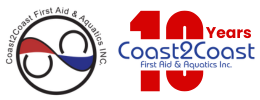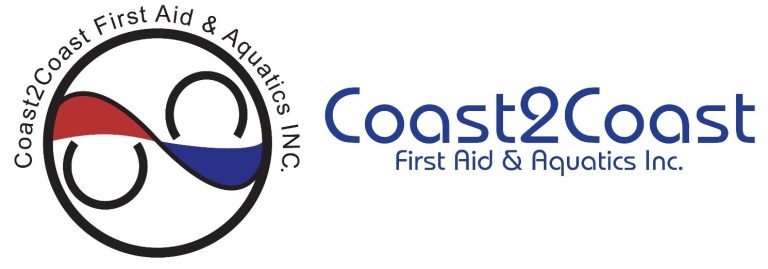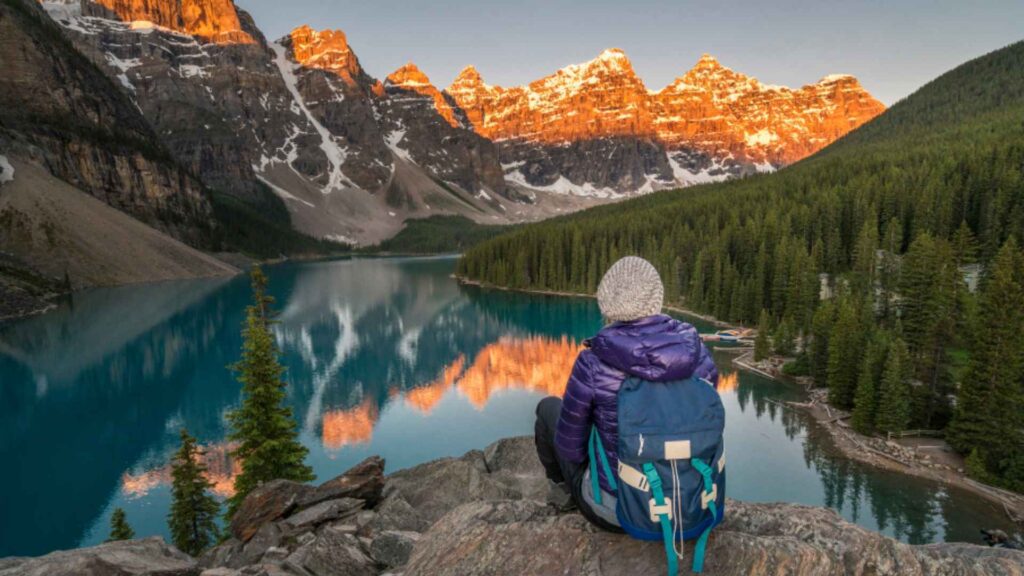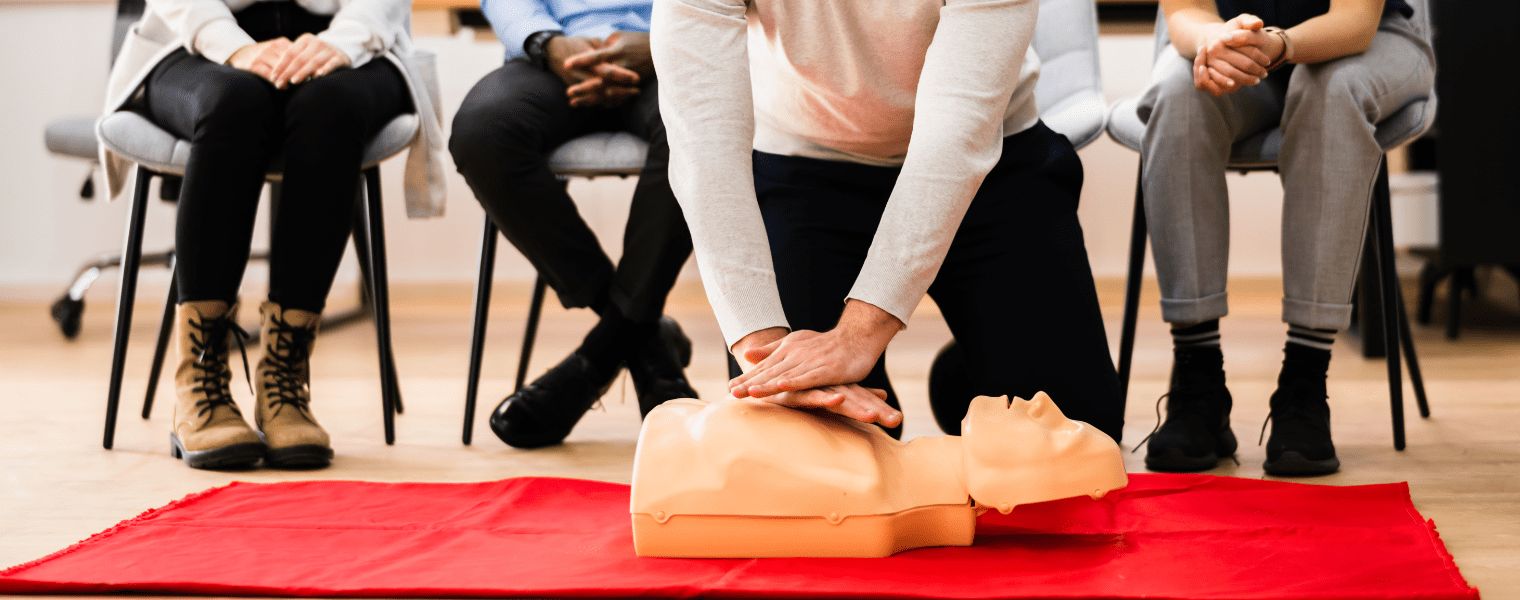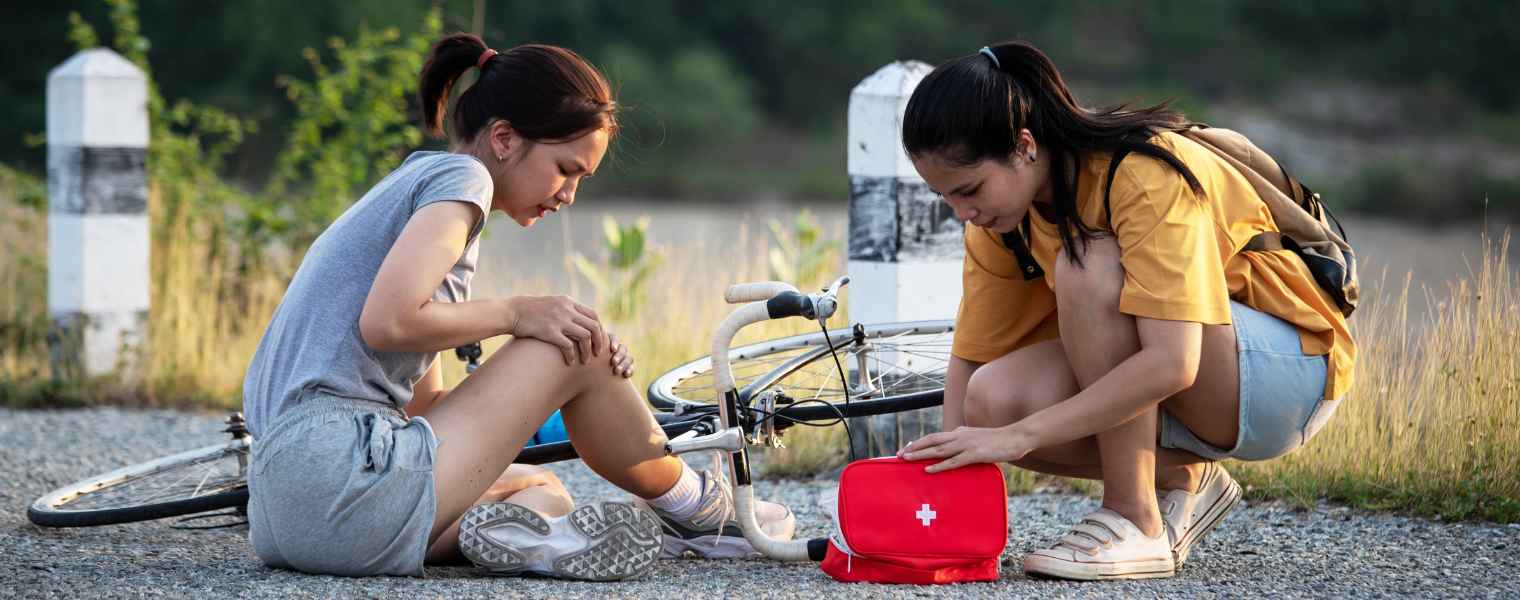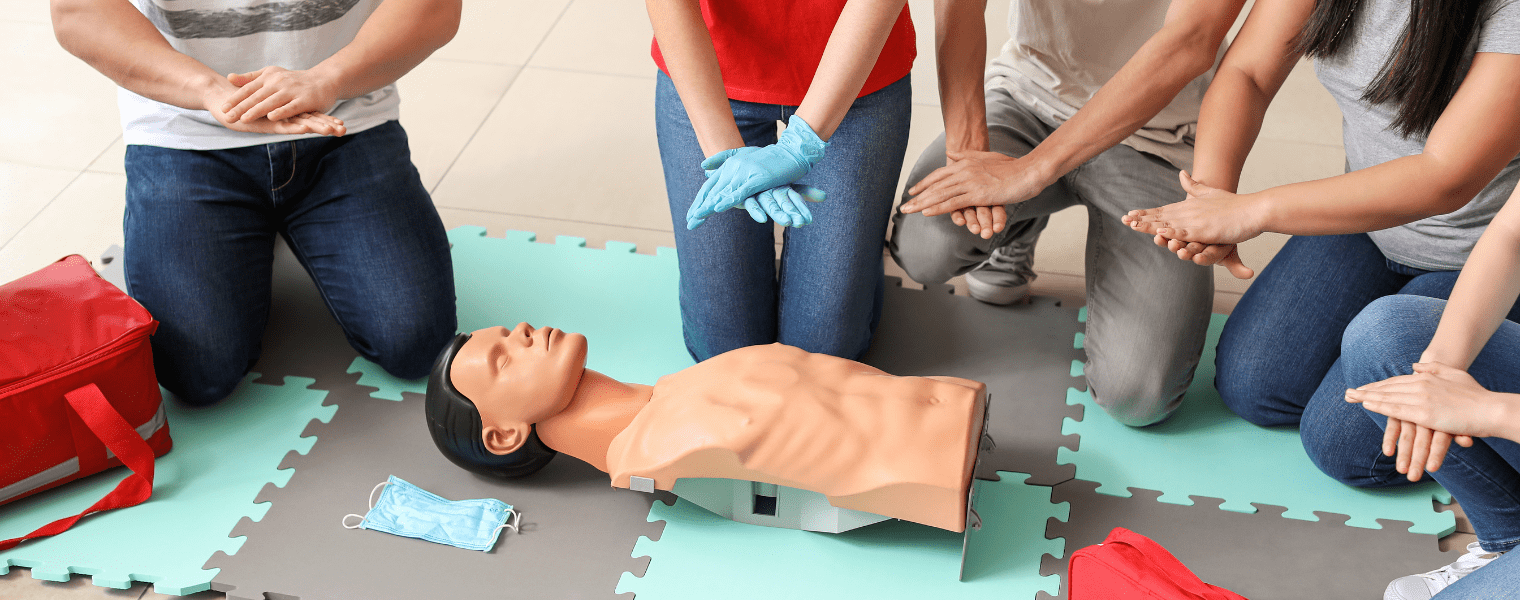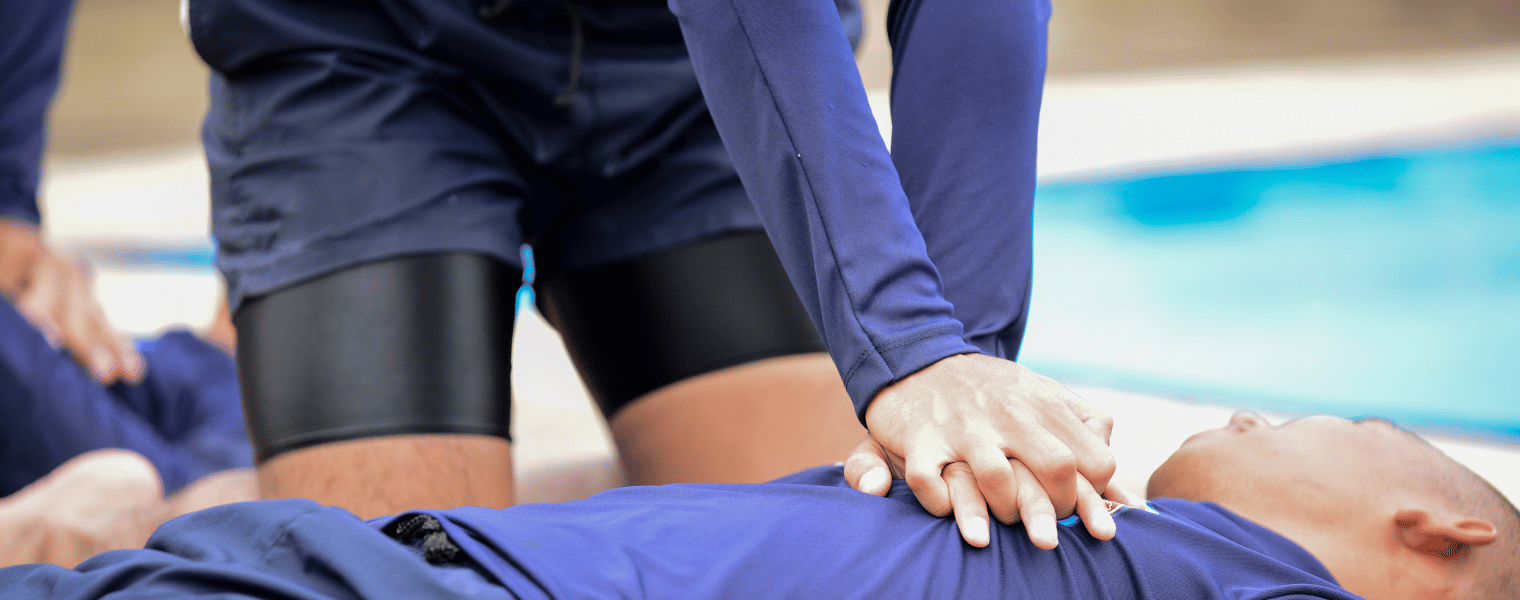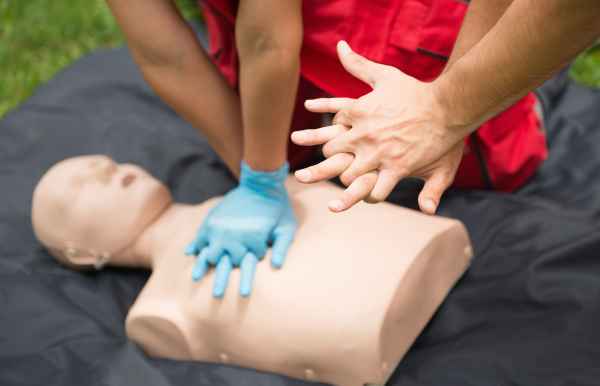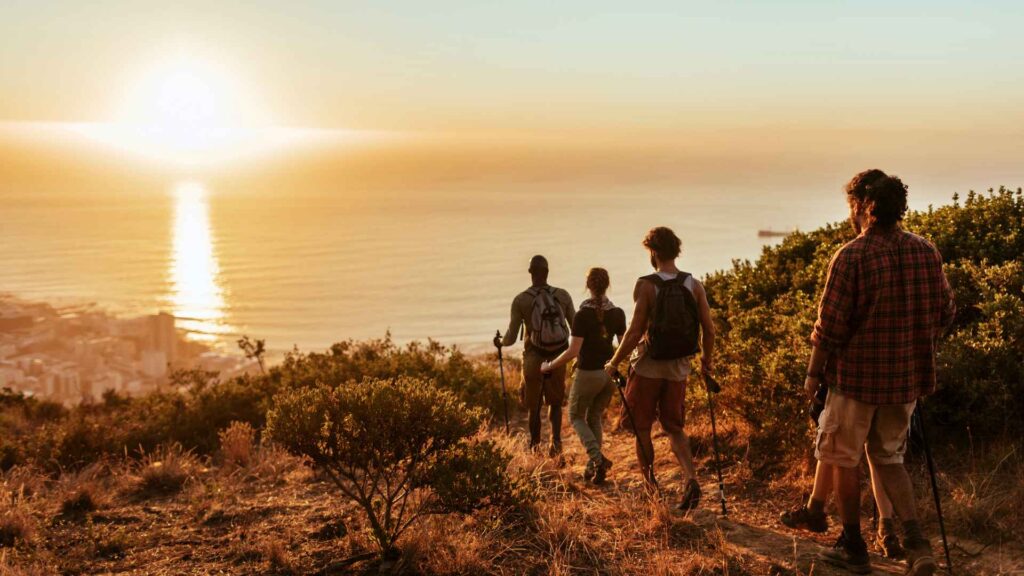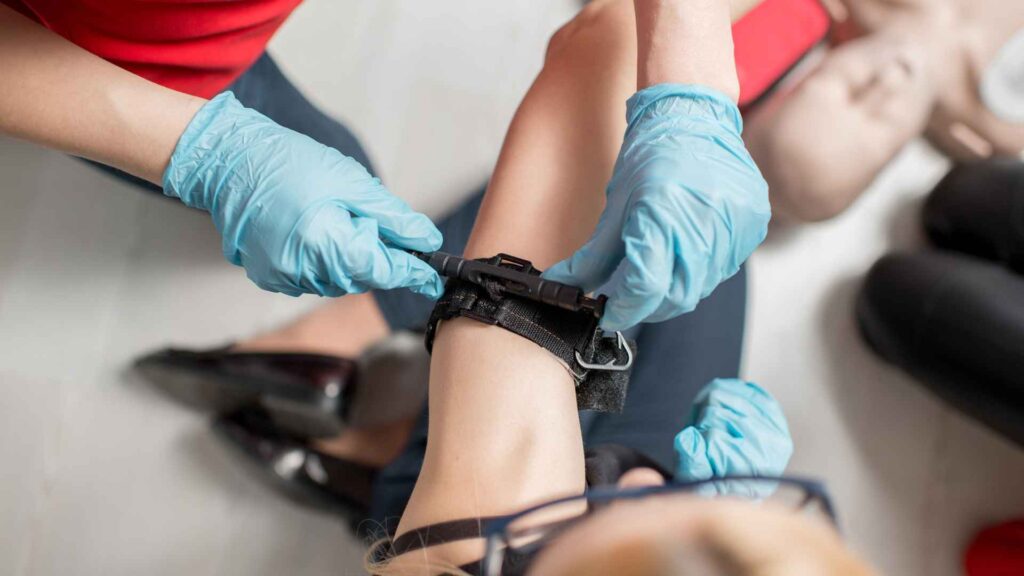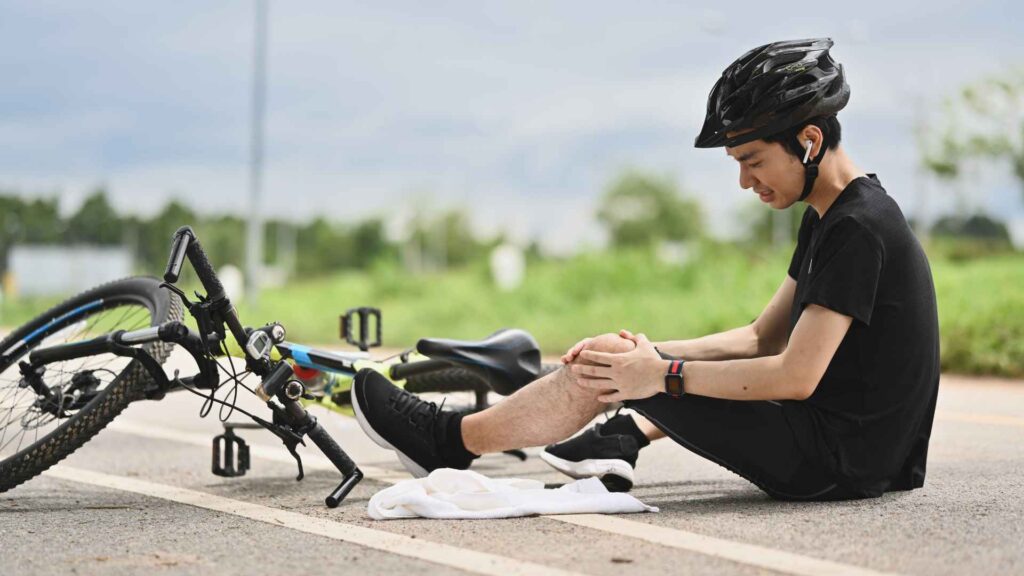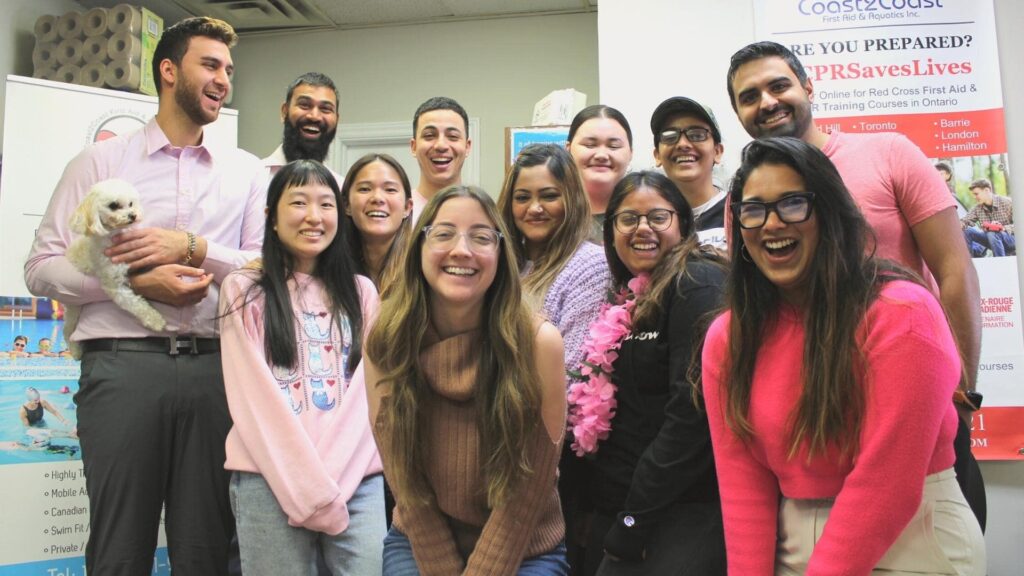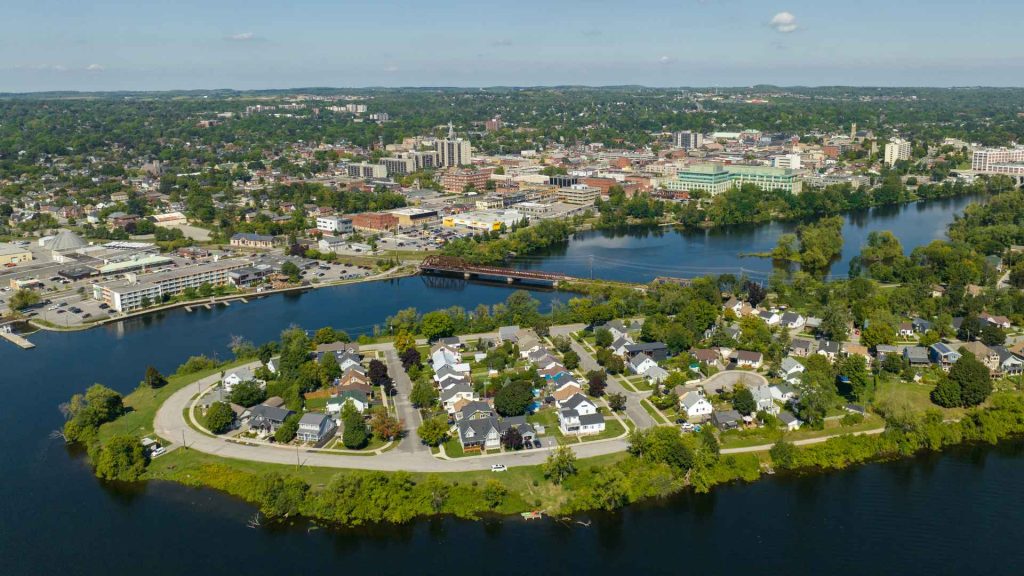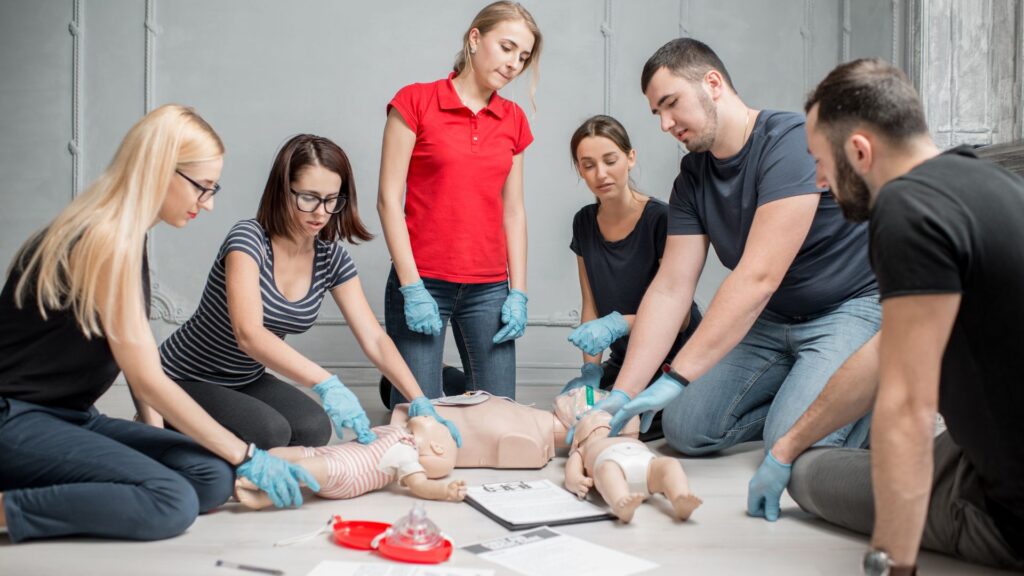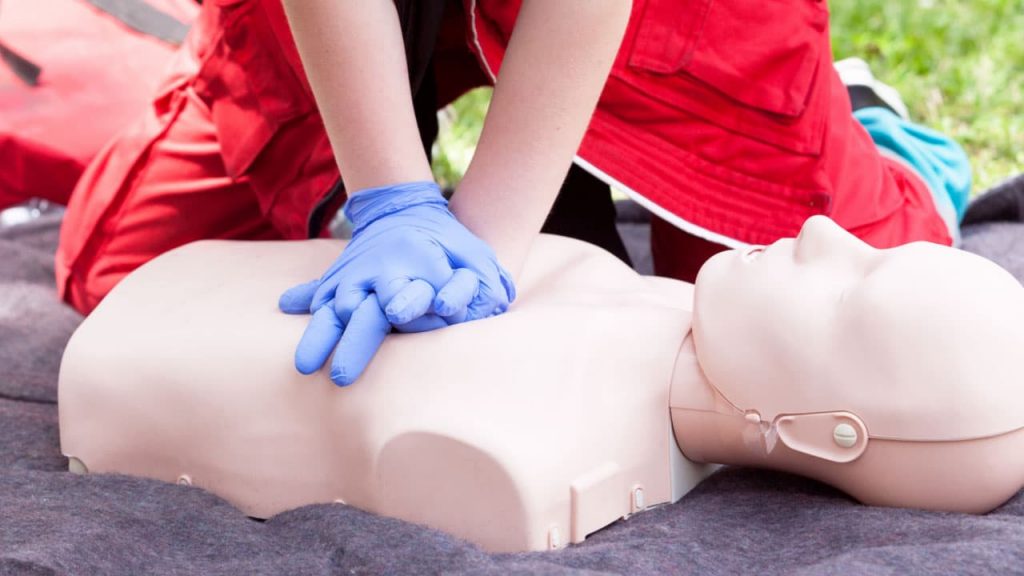With great adventure comes great responsibilities.” Venturing into Canada’s incredible wilderness is exhilarating, but adventure can be challenging at the same time. There might be a possibility where help is hours away. Here’s when remote first aid skills come to the rescue. Unfortunate events like accidents, mishaps or injuries could happen even in the most serene places. That is why it’s crucial to understand the situation and act accordingly, ensuring you have the necessary skills and supplies. Let’s discover the challenges that can arise in remote locations and how to prepare yourself to be a lifesaver.
Are You Prepared for Emergencies in Remote Areas?
Limited Access to Supplies
In remote areas, you work with a smaller first aid kit and lack quick access to specialized medical supplies. For example, cleaning a minor cut is simple in your bathroom but becomes much trickier when your only water source is a stream and your last clean bandage is already used.Communication Difficulties
Due to limited access or completely nonexistent communication facilities, even after calling for help in case of emergencies, it could take hours or even days to arrive in remote locations.The Reality Check
Knowing basic CPR and how to clean a cut is a start, but the wilderness plays by different rules. A minor mishap hours from the nearest road becomes a new danger. Could you stabilize a fracture without a proper splint? Could you treat early hypothermia?Weather & Terrain
Canada’s diverse landscapes bring unique challenges. What might be a simple hike in good weather becomes a survival situation if a storm traps you without the right gear. Knowing how to respond makes all the difference. Limited transportation options can further impede access to training.Wildlife Worries
 Encounters with bears, moose, or even smaller creatures can lead to bites, stings, or allergic reactions. Do you know the essentials of wildlife first aid specific to your region? At any point on your journey, an unexpected encounter with wildlife can result in a serious first aid emergency, far from the help of medics and hospitals. Snakes, bears, and even moose can pose a threat.
Encounters with bears, moose, or even smaller creatures can lead to bites, stings, or allergic reactions. Do you know the essentials of wildlife first aid specific to your region? At any point on your journey, an unexpected encounter with wildlife can result in a serious first aid emergency, far from the help of medics and hospitals. Snakes, bears, and even moose can pose a threat.Beyond Band-Aids: Why First Aid Training is Essential in Remote Locations
Skills for the Unexpected
Our First Aid courses go far beyond what a city-focused first aid class covers. You’ll learn to manage CPR, wound cleaning and dressing, splinting, severe bleeding and bandaging, improvise with limited supplies, signal for help effectively, and treat conditions worsened by exposure.
Specialized Kits

Your wilderness kit isn’t just bigger – it’s different. Items like SAM splints, stronger pain relief, water purification, and fire starters become invaluable when your most basic supplies are limited. Alongside these, the essential first aid supplies like adhesive bandages, sterile gauze pads and tapes, antiseptic wipes and solutions, tweezers, scissors, disposable gloves, antihistamines, cold packs, medical tapes, survival blankets and elastic bandages, CPR face masks, first aid manuals etc. are mandatory.
Communication and Planning
Leave a detailed trip plan, invest in that satellite communicator… These aren’t as exciting as fancy gear, but often mean the difference between needing your first aid skills and getting advanced help fast.
Before leaving, do advanced research and determine what health, safety and security precautions to take. You can also contact your travel agent or travel insurance provider for more information about the remote destination you’re going to.
Real-Life Success Stories

- In a remote area, a hiker sustained a deep wound after falling on rocks. His fellow hiker, trained in Standard First Aid & CPR/AED Level C, skillfully cleaned the wound using their bottled drinking water, dressed it with the cleanest available cloth material, and ensured the injured hiker’s safety until they could reach professional medical care.
It’s Not Just Skills, It’s Confidence

Risk Assessment:
When to push on, when to turn back – this is the wisdom remote first aid courses teach. Should you attempt that river crossing in questionable weather? Knowing the signs of early hypothermia could prevent an epic trip from turning into a disaster.Local Knowledge:
Every region has its own hazards. Always be sure to do your research to find accurate, up-to-date information on weather, wildlife risks, and common injuries for your specific adventure.Get First Aid and CPR Trained
 If you are someone whose interests, activities, or employment take you to remote locations, first aid training would be beneficial for you.You will gain the skills and knowledge to provide ongoing care to an ill or injured person over time. The training is ideal for people who spend time in remote areas where medical aid access may be difficult or delayed. These include alpine, desert, marine, rural, and tropical environments.Learn a wide range of first aid topics, including prolonged care, infection control in remote incidents, managing the deteriorating casualty, rescue procedures, evacuation, and more. Overall, a provided first aid course will give you the confidence to act in any first aid situation.Talk to us today about getting trained.
If you are someone whose interests, activities, or employment take you to remote locations, first aid training would be beneficial for you.You will gain the skills and knowledge to provide ongoing care to an ill or injured person over time. The training is ideal for people who spend time in remote areas where medical aid access may be difficult or delayed. These include alpine, desert, marine, rural, and tropical environments.Learn a wide range of first aid topics, including prolonged care, infection control in remote incidents, managing the deteriorating casualty, rescue procedures, evacuation, and more. Overall, a provided first aid course will give you the confidence to act in any first aid situation.Talk to us today about getting trained.First Aid Training for Dental Offices
While your primary focus lies in dental expertise, have you ever considered the invaluable role that first aid plays in ensuring the safety and well-being of both your team and your patients
Tailoring First Aid and CPR Training for Dental Professionals
 First aid training for dental professionals should be tailored to the unique challenges and potential emergencies encountered in dental practice. This includes:
First aid training for dental professionals should be tailored to the unique challenges and potential emergencies encountered in dental practice. This includes:Scenario-Based Training
Hands-on Practice
Regular Recertification Courses
